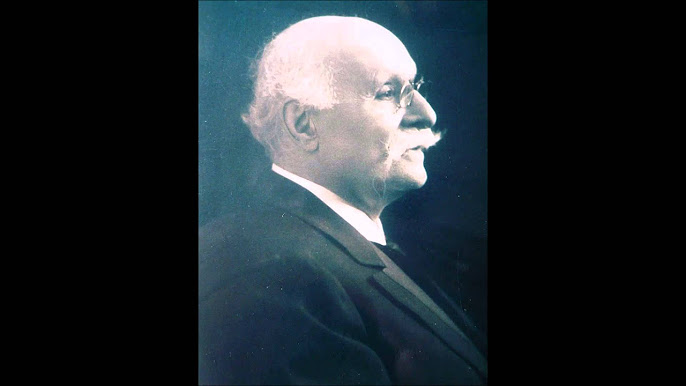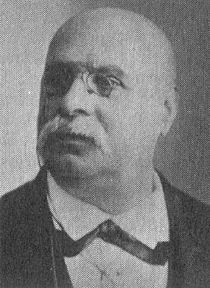Émile Waldteufel was a prominent figure in the world of classical music, renowned for his enchanting waltzes and polkas that graced the ballrooms of 19th-century Paris. Born on December 9, 1837, in Strasbourg, France, Waldteufel was surrounded by music from an early age. His father, Louis Waldteufel, was a musician and bandleader, imparting musical wisdom to his son and nurturing his burgeoning talent.
Émile Waldteufel’s musical journey truly began when he enrolled at the Paris Conservatoire at the age of 15. Under the tutelage of esteemed composers such as Jules Massenet and Charles Gounod, Waldteufel honed his skills as a pianist and composer. His exceptional talent and dedication quickly earned him recognition, and he won several prestigious awards during his time at the Conservatoire.
After completing his studies, Waldteufel embarked on a successful career as a pianist and conductor. He performed in renowned venues across Europe, captivating audiences with his virtuosic piano playing and conducting prowess. However, it was as a composer that Waldteufel truly made his mark on the world stage.
Waldteufel’s compositions, particularly his waltzes, captured the essence of the belle époque era, evoking the elegance and grace of Parisian society. His melodies were imbued with charm, sophistication, and a sense of joie de vivre that endeared him to audiences far and wide. One of his most famous compositions, “The Skaters’ Waltz” (Les Patineurs), remains a beloved staple of the classical repertoire to this day.
Throughout his career, Waldteufel enjoyed the patronage of European royalty and aristocracy, performing for luminaries such as Emperor Napoleon III and Queen Victoria. His music became synonymous with the opulence and splendor of the era, gracing the grand balls and soirées of high society.
Despite his success, Waldteufel remained humble and devoted to his craft, continually striving for excellence in his compositions. He composed over 250 works, including numerous waltzes, polkas, and marches, each imbued with his distinctive style and melodic brilliance.
Émile Waldteufel passed away on February 12, 1915, leaving behind a rich legacy of musical enchantment. His compositions continue to captivate audiences and inspire musicians, ensuring that his contributions to the world of classical music will be celebrated for generations to come.


Comments are closed